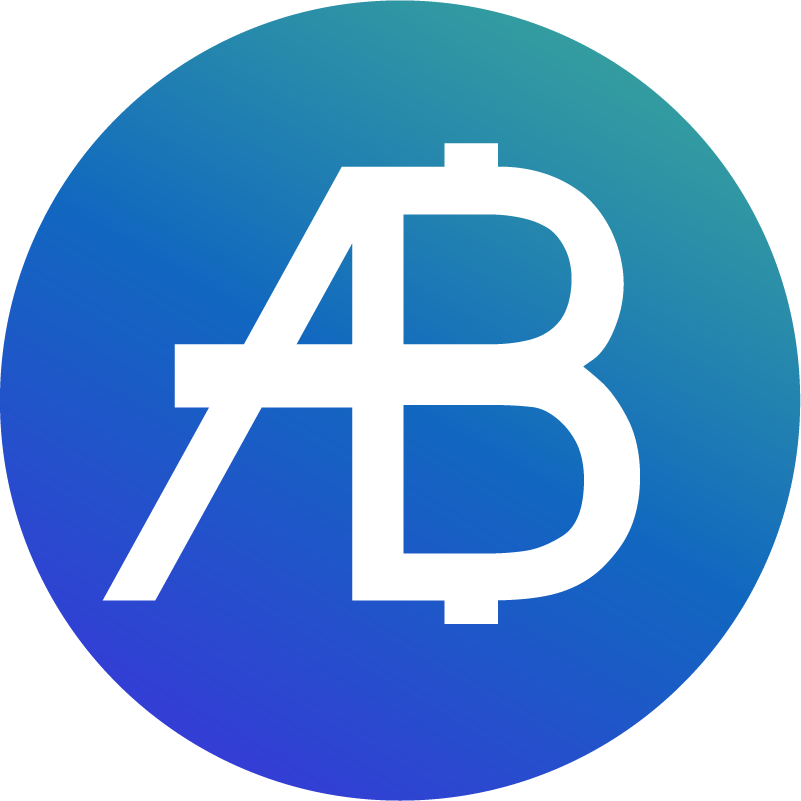What is Gas in Cryptocurrency?

Concept Introduction
In the realm of cryptocurrency and blockchain, the term "gas" is frequently mentioned, particularly in relation to Ethereum. But what exactly is gas in cryptocurrency? At its core, gas refers to the fees required to conduct transactions or execute contracts on the Ethereum network. Much like fuel for your car, gas is essential for the operation of the Ethereum blockchain, ensuring transactions and smart contracts are executed efficiently.
Historical Background or Origin
The concept of gas was introduced with the launch of the Ethereum blockchain in 2015. Unlike Bitcoin, which focuses solely on digital currency transactions, Ethereum was designed as a platform for decentralized applications and smart contracts. To prevent spam and ensure the integrity of the network, Ethereum's developers introduced gas as a way to allocate computational resources. This mechanism requires users to pay for the execution of operations, thus aligning user incentives and network resources.
Working Mechanism
Gas serves as the internal pricing for running a transaction or a contract's operation in Ethereum. Here's how it works:
- Gas Limit: This is the maximum amount of gas a user is willing to spend on a transaction. It dictates how much computation and storage actions a user is willing to pay for.
- Gas Price: Measured in gwei, a denomination of Ethereum's native token (ETH), the gas price determines how much a user pays per unit of gas. A higher gas price can lead to quicker transaction processing, as miners prioritize transactions offering higher fees.
For a transaction to be executed, a user sets both the gas limit and gas price. If the transaction spends less gas than the limit, any unused gas is refunded. Conversely, if the transaction consumes more gas, it fails, but the gas spent is not refunded.
Benefits or Advantages
Gas, while often seen as an additional cost, brings several fundamental benefits to the blockchain space.
- Prevents Spam: By requiring users to pay for computing power, gas acts as a safeguard against network spam, ensuring that only serious transactions are processed.
- Resource Management: Gas fees help the network manage computing resources efficiently. Miners are incentivized to process transactions that offer higher gas prices, ensuring priority for more critical transactions.
- Economic Incentive for Miners: Gas fees provide an economic reward to miners, encouraging them to validate transactions and maintain the network.
Conclusion or Future Outlook
Gas remains a crucial component of the Ethereum blockchain, providing a necessary economic model for transactions and operations. However, with Ethereum's transition from proof-of-work to proof-of-stake in Ethereum 2.0, changes like scaling solutions and gas optimization strategies are expected to further evolve the gas model. This evolution will likely lead to reduced costs and greater efficiency, making Ethereum even more robust and scalable.
With the ever-increasing popularity of decentralized applications and smart contracts, understanding the role of gas is essential for anyone involved in the crypto space. As blockchain technology continues to advance, gas will remain a linchpin in maintaining network integrity and operational efficiency.
Related articles
Latest articles
See moreAbout author
I'm Crypto Scribe, a bilingual chronicler in the crypto realm. Proficient in English and Arabic, I specialize in deconstructing the multi-dimensional landscape of the Web3 ecosystem—from the global NFT art movement to the risk auditing of DeFi protocols and the development of Central Bank Digital Currencies (CBDCs) in Arab countries. I've worked on blockchain education projects in Abu Dhabi to nurture crypto talent in the Middle East and focused on on-chain data analysis in New York. Through bilingual storytelling, I invite you to explore how blockchain technology evolves across diverse cultural landscapes.

Trending assets
 Huma Finance
Huma Finance Orbiter Finance
Orbiter Finance Mask Network
Mask Network AB
AB Moo Deng (moodengsol.com)
Moo Deng (moodengsol.com) 48 Club Token
48 Club Token Casper
Casper Solidus Ai Tech
Solidus Ai Tech















